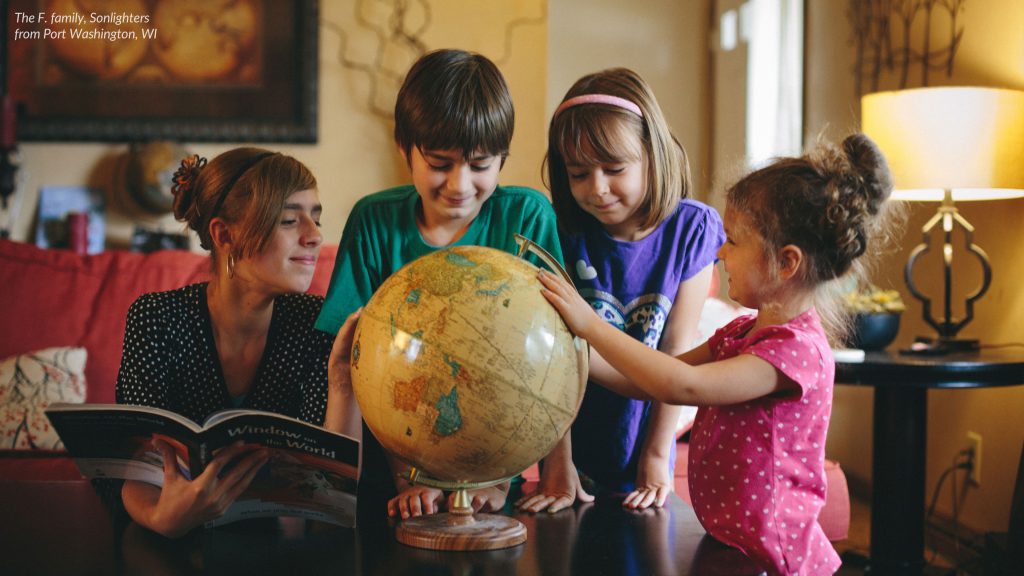
I have rather unpleasant memories of my junior high and high school history classes ... spending late nights memorizing dates and names and events for the next day's test. And promptly forgetting it all just as soon as the test was done!
I was reminded of this the other day as I had the privilege of interacting with a mom who was concerned that her student was having a hard time remembering all the Chinese dynasties they were learning about in their Eastern Hemisphere studies ... and the dates attributed to each of them. I stopped for a moment to see if I could bring to mind the names of all those dynasties, or if I could even get close to the dates tied to each one. And what about all those other dates related to those eastern hemisphere countries?
- When was the Boxer rebellion?
- Which decade saw the Opium War?
- When did Genghis Khan lead the Mongols in Russia?
- When did Britain make India a colony?
I obviously hadn't had time to prepare for that test ... because I couldn't remember a single one! And I suspect if I were to ask my now adult children if they recalled the dates tied to all these people and events we studied together, they would "fail" just as miserably as I did.
So what's the point of learning all those dates anyway? And what good is a Timeline Book if you're not going to remember the contents a month from now, let alone a few years from now?
A friend shared the following quote on Facebook the other day:
"Much learning does not teach understanding." ~Heraclitus
Therein lies the answer to my questions. It's all about context! Memorizing dates and names and events, without any context or meaning, does not help our children to understand the bigger picture. However, when I would open our Timeline Book and my students could "see" that Mao formed the Communist Party in the same decade that Lindbergh made his famous transatlantic flight, and the Zhou Dynasty in China was in power at the same time as some of their favorite passages in the Old Testament were taking place (Jonah going to Ninevah and Daniel and Esther) ... then history came alive for them. Now they had context for those dates and names and events, and the larger picture of history began to make sense.
So I was able to reassure the concerned mom, and remind myself anew, why learning History through stories is a much better way to learn. What was going on in the world when Hudson Taylor traveled to China? What was it like to live in 13th-century Mongolia when Kublai Khan's army invaded? What kind of determination and courage was required to survive in Sudan in the 1980's? That is where learning ... and true understanding ... takes place.
Still on the journey ...
~Judy




